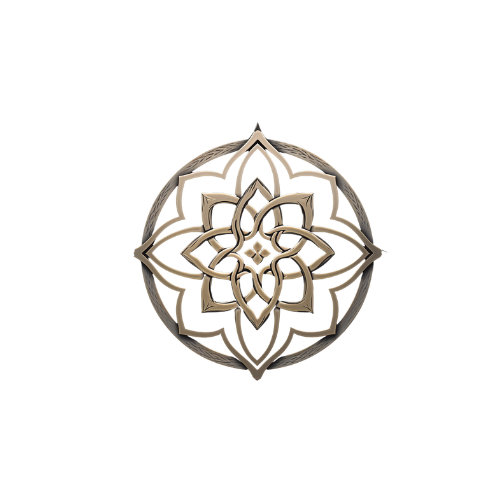Atkins, vegan, vegetarian, pescetarian, carnivore, keto, paleo, bulletproof, AIP, Raw food, Dairy free, gluten free …………………….. STOP!
There are 100’s of diets out there pertaining to be the best diet for you, none of these diets understand the first thing about you. They promise results and they sometimes deliver which can be as much about elimination as the actual diet itself.
A lot of them have some excellent foundations but diet is not the answer, high quality whole foods over extended periods of time is a far better approach unless you are targeting a specific syndrome or disease. Diets can be socially exclusive and while they may have health benefits, being the one who will only eat raw broccoli before 6pm can have impacts on you and those around you.
You must consider what you want to achieve from the diet and become more in-tune with your own body, what works for you may not work for someone else. We all have different genetic makeup and our environments are also different.
The ideal scenario when you are making a significant change to your dietary protocol is you monitor your bloods and other markers to ensure the diet agrees with you. Monitoring glucose levels through continuous glucose monitors are also an excellent way of identifying what works for you personally. Going down these routes are never ending and while they are not without benefits, they can be isolating and cause more problems than benefits.
Unfortunately, regular tests and blood tests are costly and time consuming and with our hectic schedules this is unlikely to be the route most people take, so we are going to provide some golden rules
- Do you keep a food diary? Do you monitor what you take and how you feel
- Do you feel hungry in less than 90 minutes after you ate?
- If yes, did you eat enough?
- Did you get enough micronutrients to sustain you, does your food lack colour & variety?
- Do you understand the ingredients on the package? Would your grandmother know what that ingredient was?
- Did you get adequate protein & high-quality fat?
- Are you exercising intensely and therefore need more food?
- Do you want to snack in the afternoon and feeling fatigue
- Are you getting exposure to sunlight?
- Are you eating sugary snacks or refined carbohydrates for breakfast?
- Are you making poor snack choices during the day
- How is your sleep quality?
- Are you exercising frequently, getting fresh air getting outside?
- Are you drinking enough clean uncontaminated water?
- Are you stressed?
- How do you manage stress?
- What brings you joy in your life? (kids & work don’t count)
By answering these questions and reflecting on the answers you may make significant improvements in your life. Sometimes it does not have to be complicated but YOU MUST OWN YOUR HEALTH.
Caution should be taken with supplements and advertising, including online.
A perfect example of this is we hear Radio commercials on how low Iron is key to addressing fatigue, this may be true, but 40% of men in Western Europe (Celtic origin, specifically Irish & Scottish) are predisposed to hemochromatosis which can result in excess Iron. This can lead to a hold host of health complications. So, if you are a man from those regions and are feeling tired, avoid the Iron supplementation! It just so happens the symptoms of excess Iron and low Iron are the same! Fatigue is pervasive and yes, the answer could be Iron, but it may not be Iron.
Always work with trained professionals, you can book a session with one of our coaches at https://celticsophia.com/makeabooking

Comments are closed